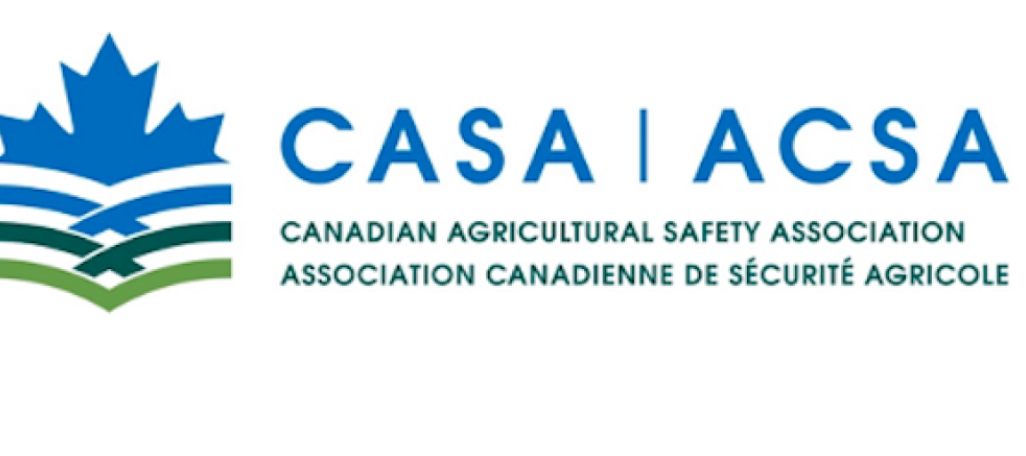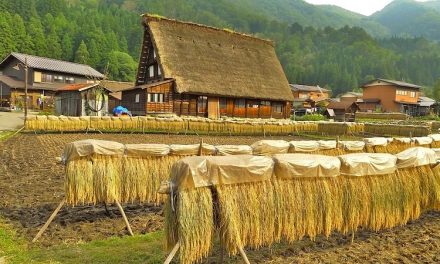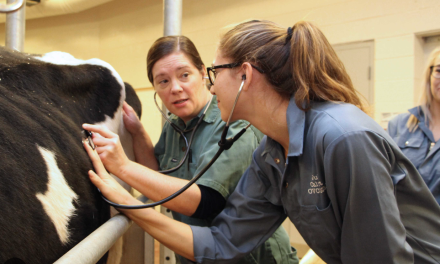It’s Canadian Agricultural Safety Week, an annual event designed to draw attention to some of the challenges facing the country’s 190,000 farms. Those who produce our food are engaged in what researchers say is one of Canada’s most dangerous occupations…not to mention, one of Canada’s most important occupations.
The Canadian Agricultural Safety Association (CASA) says this year, safety week organizers are focusing on providing practical safety advice and encouraging conversations about farm safety, while showcasing how safety directly contributes to the success and sustainability of farming operations.Â
“There is no question that farm accidents can have a devastating toll with physical,psychological and financial consequences,†says Andrea Lear, CASA’s chief executive officer. “But we also know that many on-farm incidents are preventable. That’s why wewant to provide Canadian producers with the tools and resources they need to protect the health and safety of everyone who lives and works on or visits farms and ranches. Canadian Agricultural Safety Week serves as a reminder that farm safety is important year-round and that by working together, we can ensure a safer agricultural sector.â€Â
Farming in unsafe conditions can lead to injuries and jeopardize the farm operator’s ability to conduct business. Unsafe conditions can take many shapes and have a wide range of causes, such as deteriorating mental health. Farming is fraught with depression and anxiety. Climate change and wild swings in the weather are making long- and short-term planning more difficult, adding to farmers’ stress and uncertainty. Just when researchers figured out problems associated with mental health problems, they got worse.
Another unsafe condition can stem from improper farm chemical applications. Commercial-size operators need help fighting pests such as weeds and insects.
Chemicals fit the bill. They’re tested before being released for on-farm use, so they kill only their targets. But if used improperly, pesticides can be a problem.
As well, there’s a school of thought that connects certain pesticides with Parkinson’s disease. It’s hard to nail this down because exposure varies widely, but pesticide applicators like farmers are feared to be the most vulnerable.
And finally, there are dangers to farmers from the rest of us who meet them on roads and highways while they’re moving equipment. This happens particularly during spring planting and fall harvest, and attitudes towards it have worsened since the COVID pandemic. Canadian researchers have found people are meaner, less patient and more disrespectful than ever. Common sense would tell you they’re right. Defensive driving has become increasingly important than ever as people frustrated by having their freedoms taken away try to regain them.
And right in the middle of all this societal upheaval are farmers trying to get their tractors from one field to another.Â
Such scenarios are bound to rise earlier than ever as the weather gets warmer sooner and farmers head to their fields to take advantage of the opportunity to get seed in the ground. We all need to be as vigilant as possible to reduce the dangers of farming.
Pay special attention to farm safety this week






